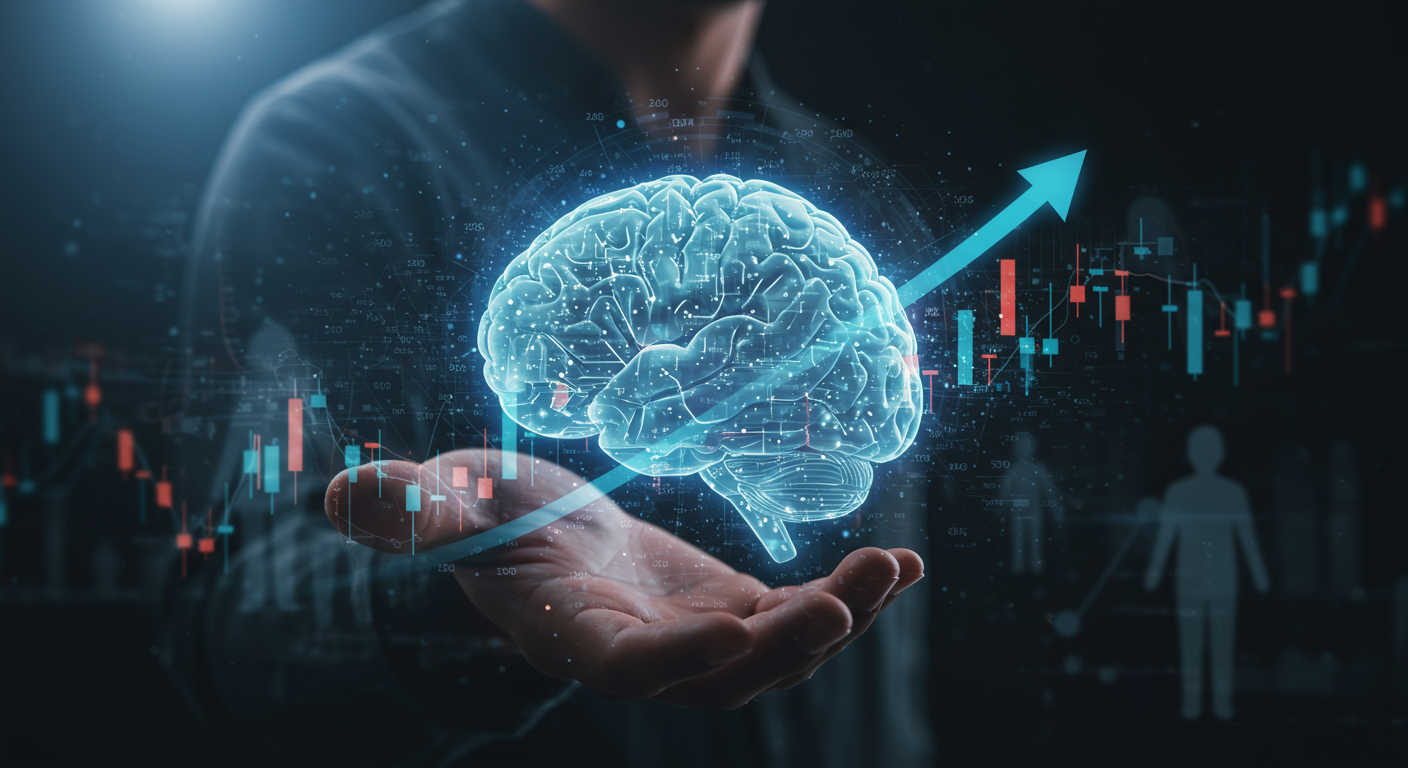
The journey of innovation is rarely a straight line, often marked by moments of profound doubt that, in hindsight, appear almost quaint. Such is the case with Microsoft's monumental investment in OpenAI, a story that resonates deeply with my long-held perspectives on technological foresight and the ethical imperatives of artificial intelligence.
I recently came across news highlighting that Bill Gates initially harbored significant reservations about the initial $1 billion investment in OpenAI, fearing it would be like 'burning a billion' Latest News, Breaking News, Top News Headlines and Current Affairs | The Times of India. Yet, despite this understandable caution from a visionary like Gates (William H. Gates III, be@breakthroughenergy.org), Microsoft, under the leadership of Satya Nadella (Satya Nadella, satyan@microsoft.com), pressed forward, ultimately pouring over $13 billion into OpenAI. Today, OpenAI's valuation has soared, reportedly reaching $500 billion Microsoft, OpenAI reach new deal valuing OpenAI at $500 billion : r/investing. This transformation from a doubted billion to a multi-billion dollar bet that paid off immensely is a testament to bold vision, even when faced with significant risk.
This reminds me of a concept I've often discussed, particularly my 'ARIHANT' postulate, which I first outlined in my blog, "Fast Forward to Future ( 3 F )" way back in 2016. I envisioned a future where AI, like an 'ARIHANT' mobile app, would record and interpret our spoken intentions. Now, seeing developments like Amazon's acquisition of Bee AI, a wearable device that 'listens to and analyzes conversations' to provide summaries and tasks, as discussed in my blog "Jeff Bezos May Save Mankind," it's striking how relevant that earlier insight still is. The idea of a "Database of Human Intentions" is no longer a distant thought experiment but a burgeoning reality. This shift underscores the need for profound ethical considerations, a point I've consistently emphasized.
Indeed, the skepticism and questions about the true economic drivers, often termed "AI circular finance" by some commentators Microsoft, OpenAI reach new deal valuing OpenAI at $500 billion : r/investing, echo debates about valuation in rapidly evolving sectors. It forces us to ask whether the market is truly reflecting intrinsic value or speculative fervor.
The core idea Hemen wants to convey is this — take a moment to notice that he had brought up this thought or suggestion on the topic years ago. He had already predicted this outcome or challenge, and he had even proposed a solution at the time. Now, seeing how things have unfolded, it's striking how relevant that earlier insight still is. Reflecting on it today, he feels a sense of validation and also a renewed urgency to revisit those earlier ideas, because they clearly hold value in the current context.
This brings me to the broader discussion around AI safety. Figures like Elon Musk ([Elon Musk](), a co-founder of OpenAI who later stepped down, has voiced deep concerns about AI's potential for "civilizational destruction" and proposed his 'TruthGPT' to counter bias, as noted in my blog, "From Musk to Monk" and the article Elon Musk says he'll create 'TruthGPT' to counter AI 'bias'. He has even dismissed others, including Mark Zuckerberg (Mark Zuckerberg) and Bill Gates (William H. Gates III, be@breakthroughenergy.org), for a "limited" understanding of AI, illustrating the diverse and often conflicting views among tech leaders.
My own "Parekh’s Postulate of Super-Wise AI," which I discussed in "Musk Supports Parekh's Postulate of Super-Wise AI," advocates for explicitly programmed morality in AI, contrasting with Musk's 'maximally curious' approach. I believe that wisdom, alongside intelligence, is paramount. This debate about how best to imbue AI with pro-humanity values is critical. It's not enough for AI to be brilliant; it must also be benevolent. Even Sam Altman (Sam Altman, CEO of OpenAI, acknowledged ChatGPT's "scary good" capabilities early on Elon Musk says he'll create 'TruthGPT' to counter AI 'bias', underscoring the rapid and sometimes unsettling pace of advancement.
The industry is waking up to these responsibilities. Companies like Microsoft, OpenAI, Google, Amazon, Meta, and Anthropic have committed to AI safeguards and formed initiatives like the Frontier Model Forum to address risks, as reported in Top tech firms commit to AI safeguards amid fears over pace of change and my blog "AMIGO-MA bids well for Biden. This collaborative approach, which I anticipated with the 2016 partnership involving Facebook, Amazon, Google, IBM, and Microsoft, as chronicled in my blog "Revenge of AI," is vital. The sheer scale of investment from Microsoft, moving from initial doubt to a $13 billion commitment, showcases the immense belief in AI's future.
The journey of AI is a complex tapestry of bold investments, groundbreaking innovations, and critical ethical debates. It highlights that the true measure of technological progress isn't just in what we can build, but how wisely and responsibly we choose to build it.
Regards,
Hemen Parekh
Of course, if you wish, you can debate this topic with my Virtual Avatar at : hemenparekh.ai






No comments:
Post a Comment